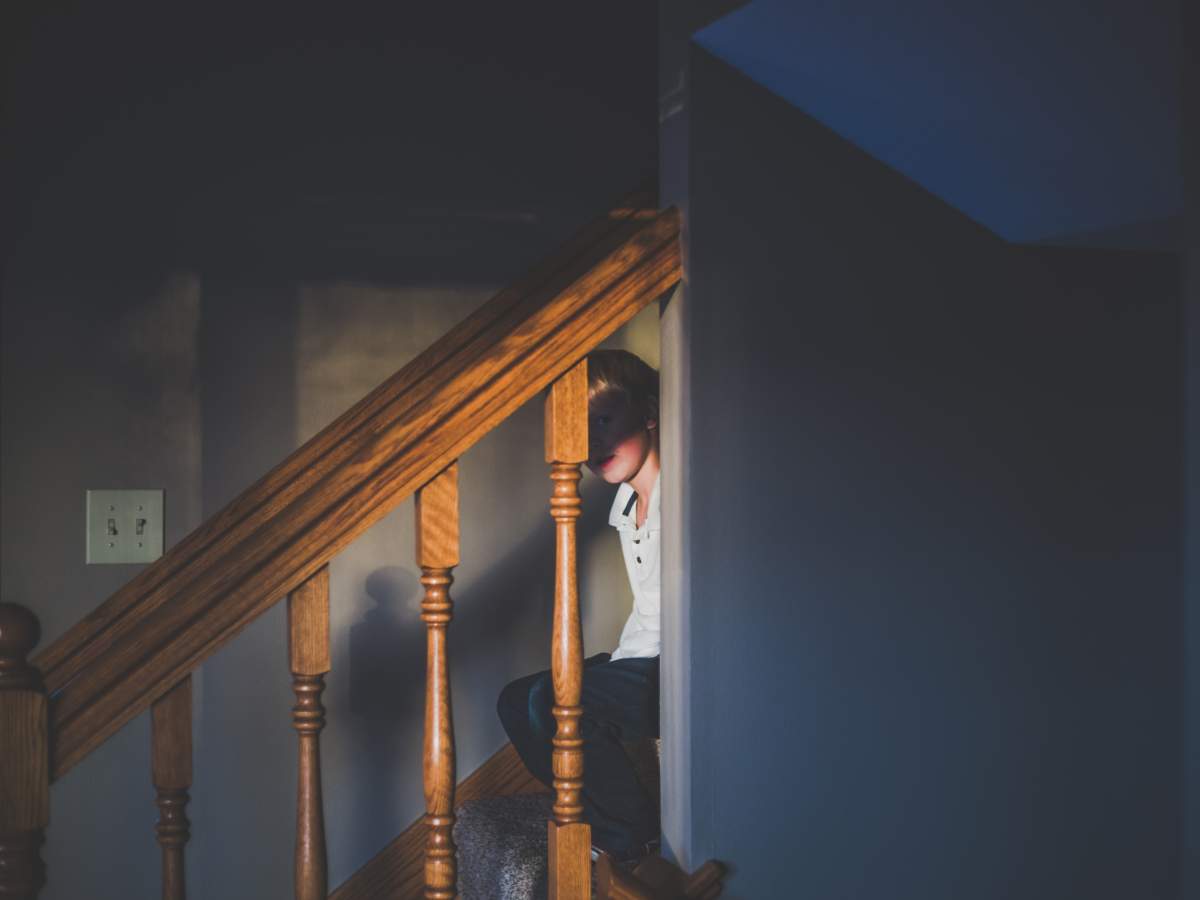Kids will say and do the darndest things, and much as some of those things call for discipline, spanking should never be the go-to, say the experts.

“It’s shocking that spanking a child is not illegal in Canada,” says Alyson Schafer, a Toronto-based family counsellor and author of Honey, I Wrecked the Kids. “If you strike an adult, it’s called assault, but for whatever reason, if you hit a 12-year-old and it’s considered that you’re using reasonable force, it’s OK. It’s ageist.”
WATCH BELOW: Dos and don’ts of doling out discipline

Studies have shown that spanking kids can have long-term consequences, including increased aggression and mental health problems. A 2016 study published in the Journal of Family Psychology analyzed 50 years worth of data involving more than 160,000 children and found that spanking was linked to increased defiance, anti-social behaviour, aggression, mental health issues and cognitive difficulties.
“We found that spanking was associated with unintended detrimental outcomes and was not associated with more immediate or long-term compliance, which are parents’ intended outcomes when they discipline their children,” Elizabeth Gershoff, co-author of the study and associate professor of human development and family sciences at the University of Texas at Austin, said in a statement.

Get weekly health news
In fact, Schafer says, two types of children emerge when spanking is the preferred form of punishment: those who will correct their behaviour and those who won’t respond to it. The former, she says will go forward in life carrying the message that violence is the answer to conflict resolution, while the latter will seek revenge either overtly or in more quiet ways.
A recent study out of the University of Manitoba found that spanking had similar outcomes to those experienced through adverse childhood experiences (ACE), including physical, emotional and sexual abuse, and physical and emotional neglect. The study authors found that children who were spanked were more likely to suffer from depressive effects in adulthood, including moderate to heavy drinking and street drug abuse, and especially increased odds of suicide attempts.
READ MORE: Multivitamin intake during pregnancy could reduce autism risk: study
“Having physical pain inflicted on a child from their primary attachment figure jeopardizes the parent-child bond,” says Dr. Jillian Roberts, a family psychologist and professor of educational psychology at the University of Victoria. “Without a strong bond, the child is more vulnerable in the face of life adversity, which makes the child more vulnerable to mental health issues down the road.”
What’s worse, Schafer says, is that these effects can imprint themselves on the child very early on.
“Your basic foundational personality and core beliefs are established between the ages of five and 10; that’s when you test your hypotheses about life,” she says. “If you hypothesize that people are mean because your father spanks you, that will turn into a self-fulfilling prophecy, and by the time the child reaches the age of 10, that hypothesis will turn into a conviction. Without psychological interventions, those ideas stay with us for life.”
There have been counterarguments that have called the results of these studies into question. Most recently, the American College of Paediatricians said in January that Gershoff’s study had a number of fallacies, including the fact that only four of the 75 studies she examined ensured spanking was used appropriately. (Disciplinary spanking is described as “physically non-injurious, intended to modify behaviour, and administered with the open hand to the extremities or buttocks.”) They also pointed out that in those four studies, spanking was shown to be at least as effective as the three alternatives it was compared to.
However, Schafer maintains that still doesn’t prove spanking isn’t detrimental.
READ MORE: Don’t know if you want kids? Ask yourself these questions








Comments
Want to discuss? Please read our Commenting Policy first.